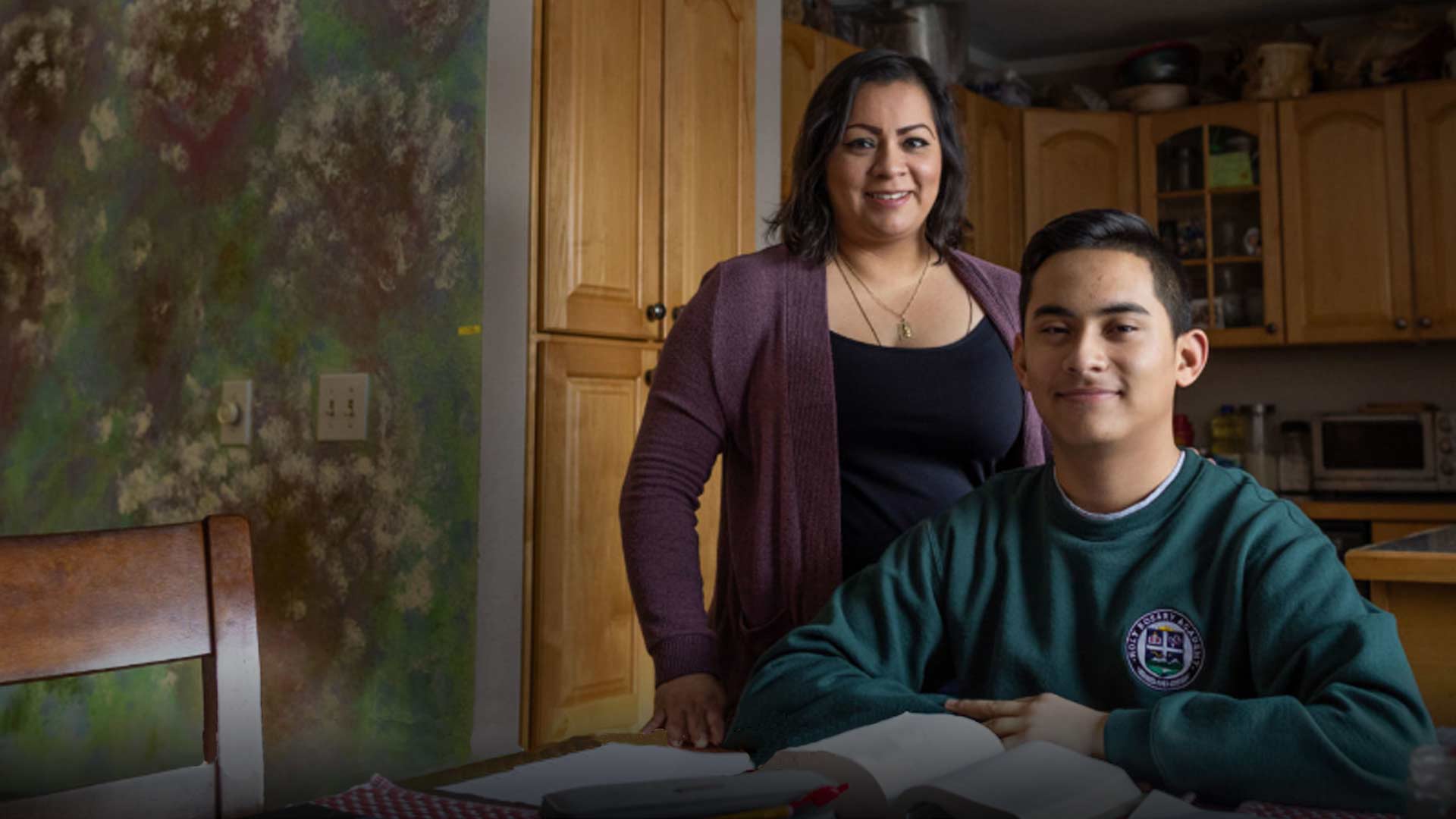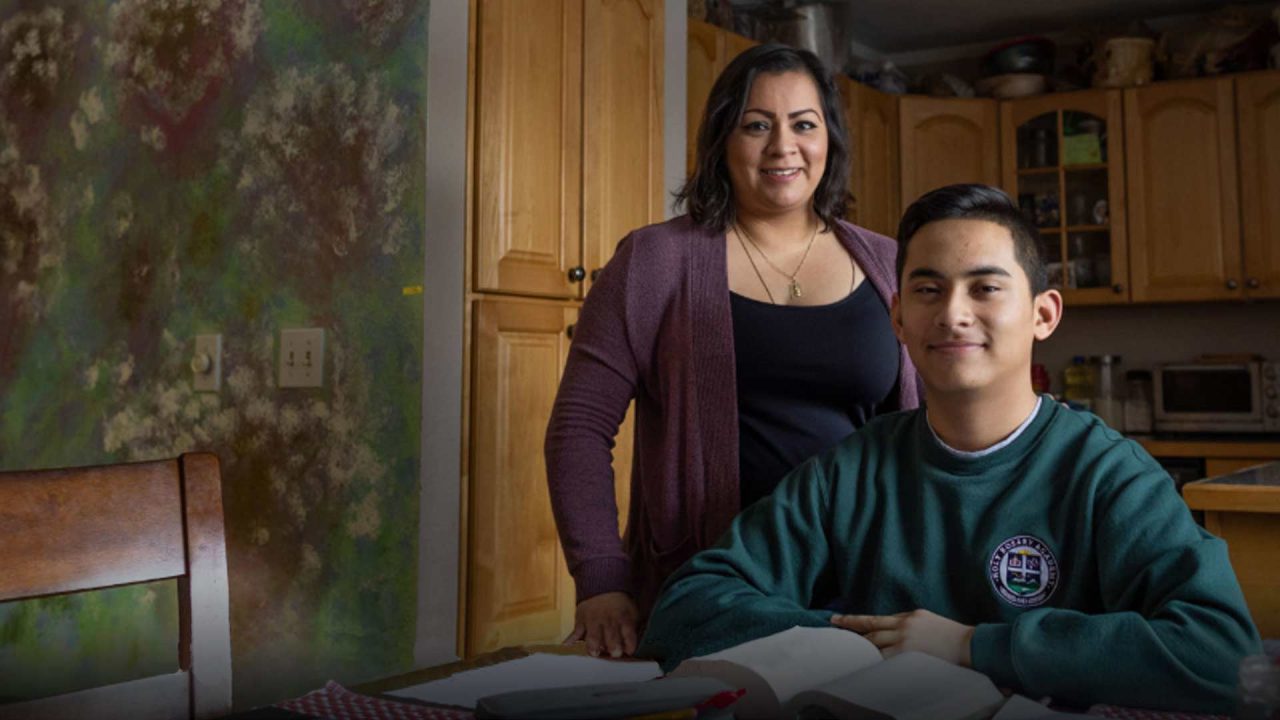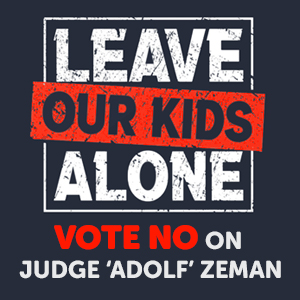
A group of Alaskan families are preparing to defend the state’s correspondence school program against a lawsuit aimed at banning the use of state-approve allotments for non-religious educational services or expenses at private or religious schools.
Filed on Jan. 24 in Alaska Superior Court, the NEA-Alaska funded lawsuit challenges Alaska’s practice of giving families broad freedoms in how to utilize correspondence funds in the education of their child.
Filed by plaintiffs Edward Alexander, Josh Andrews, Shelby Beck Andrews, and Carey
Carpenter, the suit names Heidi Teshner in her official capacity as the Acting Commissioner of the Alaska Department of Education.
Currently, families with students enrolled in an approved state correspondence program can use their child’s annual allotment to homeschool and/or pay for private instruction, including non-religious classes or services provided by a private school. These allotment are roughly between $2,000 and $4,000 annually, depending on the program.
Many parents choose this option as a way to avoid struggling public schools, and ensure their children receive a quality education.
On Jan. 25, the Institute for Justice (IJ), a nationally recognized legal group focused on defending educational freedoms, filed to intervene in the lawsuit, and help represent several Alaska families in upholding their educational freedoms.
“I am defending this program so that every Alaska family has access to the best education possible for their children.”
– Andrea Moceri, Anchorage
“Alaska’s correspondence study program has produced massive educational benefits for Alaska’s children,” said IJ Attorney David Hodges. “We’re prepared to defend the rights of all Alaska families to get the educational services that best fit their unique needs.”
Advocates of the freedom to utilize correspondence allotments for private instruction point to unique challenges Alaska children face in obtaining a quality education, including limited resources and isolated communities.
To address these challenges, Alaska formed correspondence programs.
In 1997, the law was expanded to give parents more options in designing their children’s course of study by allowing them to receive reimbursements for certain educational expenses. In 2014, then Sen. Mike Dunleavy successfully promoted a bill that further broadened these freedoms to allow parents to be reimbursed for sending their students to nonpublic schools.
Andrea Moceri is one of several parents who are now working with the Institute for Justice to defend these freedoms. Moceri’s son attends Holy Rosary Academy in Anchorage. Two other Anchorage families working with the law group have children enrolled at St. Elizabeth Ann Seton School.
ALASKA WATCHMAN DIRECT TO YOUR INBOX
“The Alaska correspondence school program helped me find the school that works best for my son,” Moceri told IJ. “I am defending this program so that every Alaska family has access to the best education possible for their children.”
IJ is the leader in defending school choice programs throughout the country. In 2020, IJ won a case before the United States Supreme Court which held that a state does not need to subsidize private education, but that once it chooses to do so it cannot discriminate against a school solely because it is religious. Two years later, IJ won another landmark case before the nation’s highest court, which established that Maine’s exclusion of religious schools from its tuition program violated the Constitution. Earlier this year, IJ intervened in a New Hampshire case to defend the popular Education Freedom Account Program, which allows families to use public funds on various educational expenses.








12 Comments
The lawsuit doesn’t aim to change that. It does aim to terminate the subsidizing of private school attendance under the auspices of “dual enrollment.” Not all private schools are religious schools. Religious schools, by statute, are limited to schools that are organized and operated by a church or other religious organization. All religious schools are private schools.
The state should get the total allotted amount received from the Federal government to parents for private education. Where in the Constitution does it even give the Federal Government the right to educate the populace? The teachers union are the one behind all this corruption we see in our education system, and the sooner we bust these unions the sooner our children will regain an true education, and not the indoctrination that is warping their minds.
The major parts of the problems stem from the school systems “accepting” federal dollars back in the 50s…. “Free Money” !!! .. Once you accept one cent in federal funds, they (the feds) insist on controlling every aspect of your life ..
AMEN!!
For once and all folks get this into your heads: That Vladimir Lenin said “Give me for years to teach the children and the SEED I have sown will never be uprooted. “Destroy the family, you destroy the country. The ay to crush the Bourgeoisie (Middle class)is to grind them between the millstone of taxation and inflation. I ask is there any of you that ‘is so blind’ that he/she cannot see? I has been happening in USA for a century. Now is the hour’ of decision. grandma
read that 4/ four years to plant the seeds of totalitarian communism *( hidden as ‘democratic socialism).
The woke zealots want to remove your ability to stop the re-education of your kids in the public indoctrination centers. The enemy has for some time now declared war on your rights and your kids’ future. If nothing is done they will be brainwashed and mutilated. Respond accordingly.
Independent private schools ought to be zealously safeguarding their independence by rejecting state and federal funding. It may seem a boon now to parents of students in private schools, but eventually it will harm the institution itself.
If there’s money to be had, everybody wants a piece of the pie. But no state or federal funds are ever dolled out without strings attached.
Don’t be fooled, my friends. We are capable of educating our children and raising the next generation of virtuous citizens without relying on state or federal money.
Don’t you mean “Our money?” The state allotment comes from state funds. This state’s money comes from oil. In this state, we own the mineral resources and the right to extract it. Our oil, our money. At least right now I can get a small portion of that to subsidize my kids’ education at the institution of my choice. I already pay through the nose for public schools, and still do through property taxes (and I’m a landlord too so I’m also paying for my tenants kids’ education!) . And I’ll still be paying for these whether a portion of my state allotment goes to a private institution, or not. While I agree with you about the “strings attached” (ALWAYS READ THE FINE PRINT), I believe this lawsuit will cement, once and for all, parental rights in school choice forever. Better to fight for that than to simply give them the win.
Dee Cee, I believe that Alaskans gave up their mineral rights when the PFD was created in exchange for a yearly dividend.
Look to dunleavy! Alaska’s experienced proponent of large government everything! Results be dammed!
Looks like our poor diets are now getting some attention as the gas it produces is being considered as a commodity to be sold! Government, can’t make this stuff up????
Mr. Ed King wrote published an article here on the Watchman about the PFD. I read another article of Mr. King’s from 2018 and get the impression that there is focus on where Alaskans are spending their dividend. Does where Alaskans spend their dividends affect the legislature’s decision about their budgets? Sounds like it!
https://kingeconomicsgroup.com/how-important-is-the-pfd-to-alaskas-economy/